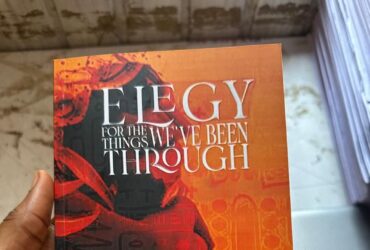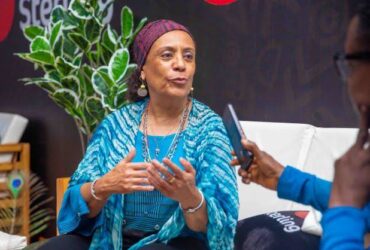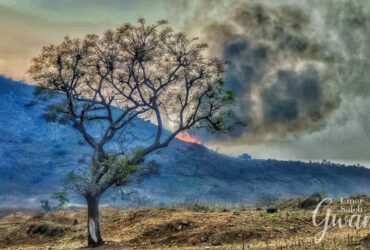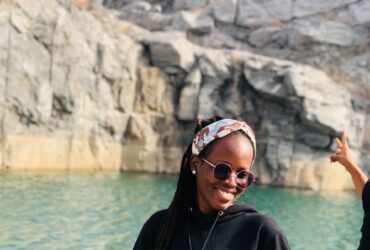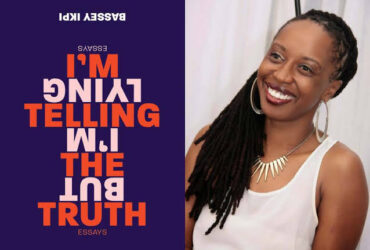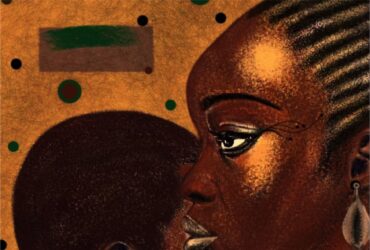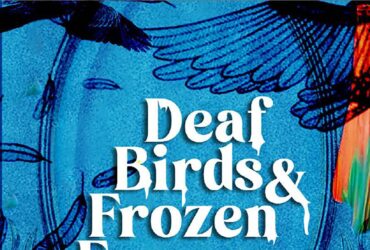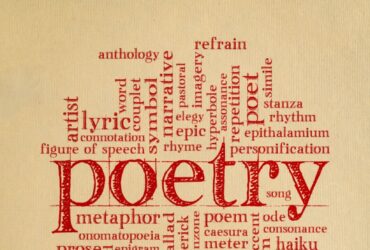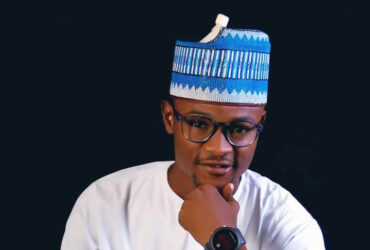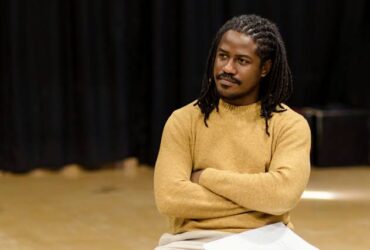Véronique Tadjo is a renowned Ivorian novelist, poet, and writer. At 69, her work stands as a powerful testament to her rich heritage and the influence of the French language, in which most of her writing is rooted and written. Her work has been translated into over 20 languages, but as English author Samuel Johnson observed, “the beauties of poetry cannot be preserved in any language except that in which it was originally written.
In a lot of ways, ending a year is like ending a poem. Like a poet approaches a finished poem in scrutiny, going over and reading it again, sometimes reading it out loud to hear the rhythm and make sure it flows smoothly, so too do we go over the events of an ending year. But unlike a poem, we cannot remove the words or the lines we feel are obstructing the flow of a year spent. There is no going back to remove a word or insert a new one. There is no changing the events of any moment. There is no altering the flow. There are only the what-ifs.
Since I was born, daddy bought us books. He was a writer himself, writing stories in notebooks that ended up in corners of the house, unpublished. Had my father been born in more recent times, he’d be a great writer, I think.
Bassey Ikpi still identifies as a writer though she has referred to herself as an “ex-poet”. She has recently clarified that poetry was simply the conduit through which she could articulate all the emotions she failed to understandably express. Now, she says, she is healthier than ever and is interested in publicising wellness as a possibility, as a lifestyle.
Although a chapbook of very short poems (which seems like the poets’ attempt to test the water of critical reception), part of the aesthetic appeal of the collection is the poets’ use of language.
But life isn't always like poetry, it hardly ever starts from the last stanza. Sometimes, you have no idea if there will be a last stanza at all, or if it will continue in long lines that do not have an end. Like the cliffhangers at the end of thrillers. And these cliffhangers of life... these events that continue to infinity like a recurring decimal, are the parts of life I struggle to deal with. My mind shifts and fidgets endlessly when it goes on a journey that does not seem to have an end.
I was becoming so good, too good that I could write someone’s destiny. So when my muse became tired of my poetic praises and my love, I lost all purpose. Soon I became an empty quill. Speechless. I reduced myself to a spectator, attending poetry events and festivals in Kano, Abuja, Kaduna or wherever I could, and from afar I’d cheer online performers in Orange Poetry, Hilltop or Alitfest, while I go snap, snap, snap, or fire emoji, fire emoji.
Lagos influences most of his writing—its chaos, culture and vibrance, diversity—and like many other Nigerian writers, his work is inspired by gender-based violence and conflict themes. In an interview with Funtimes Magazine, he said, “Most of my initial poems have been responses to societal issues.” However, recently, he has been “very interested in the concept of joy; what it is, why it’s important, and how to capture and share it through poetry and performance.”






